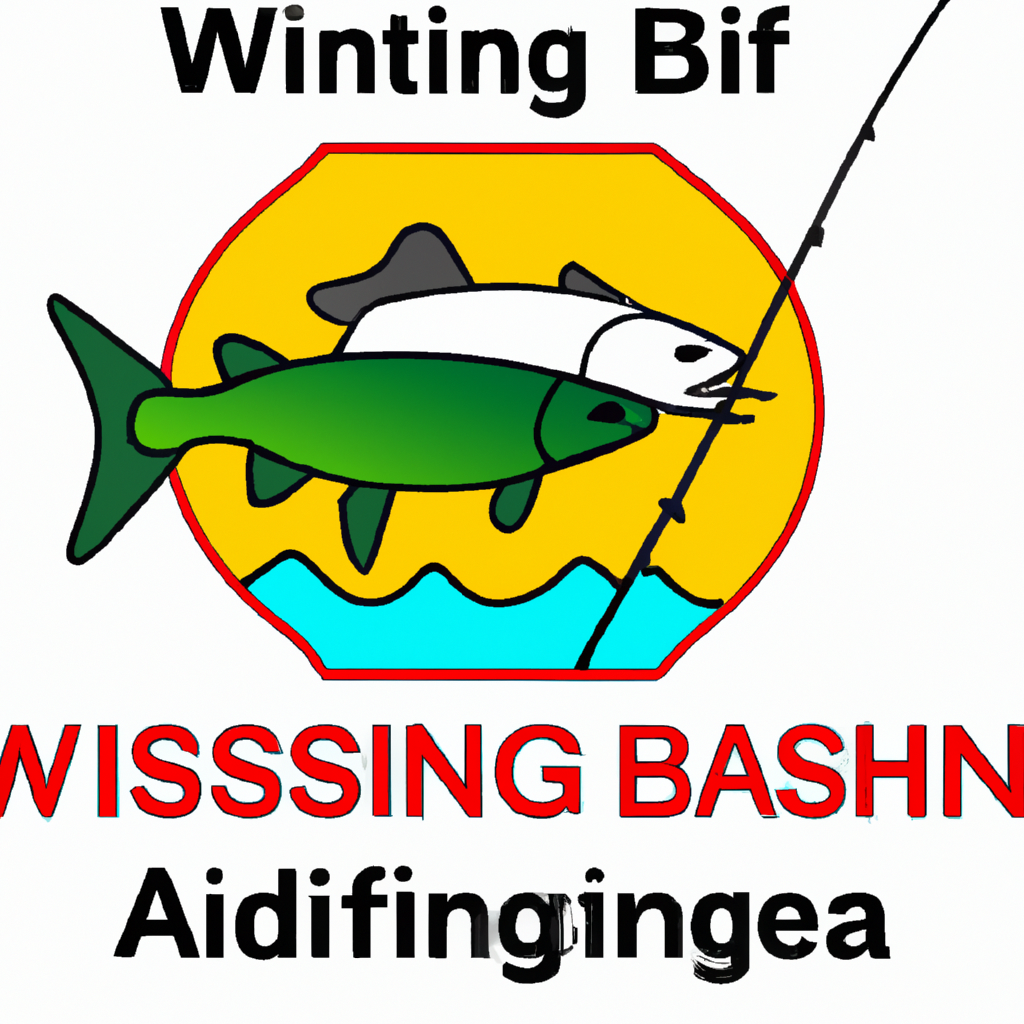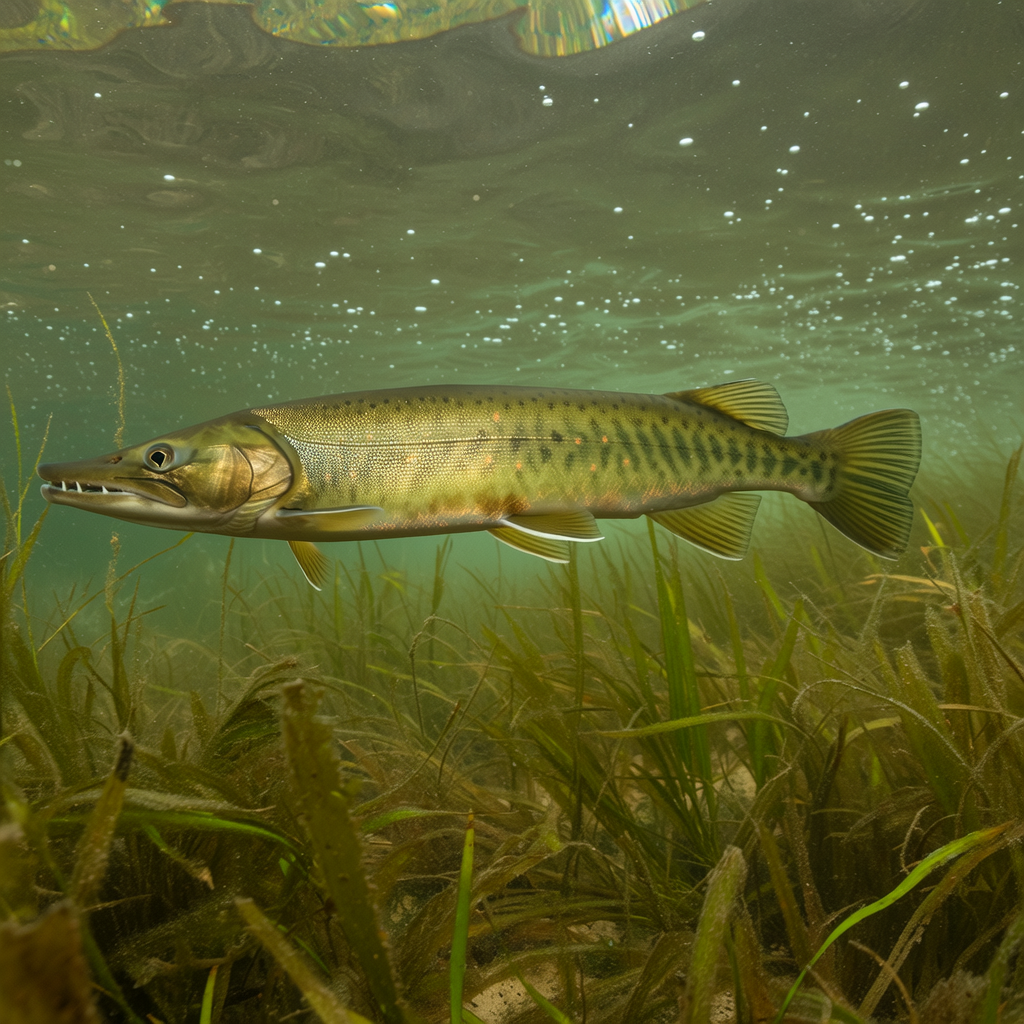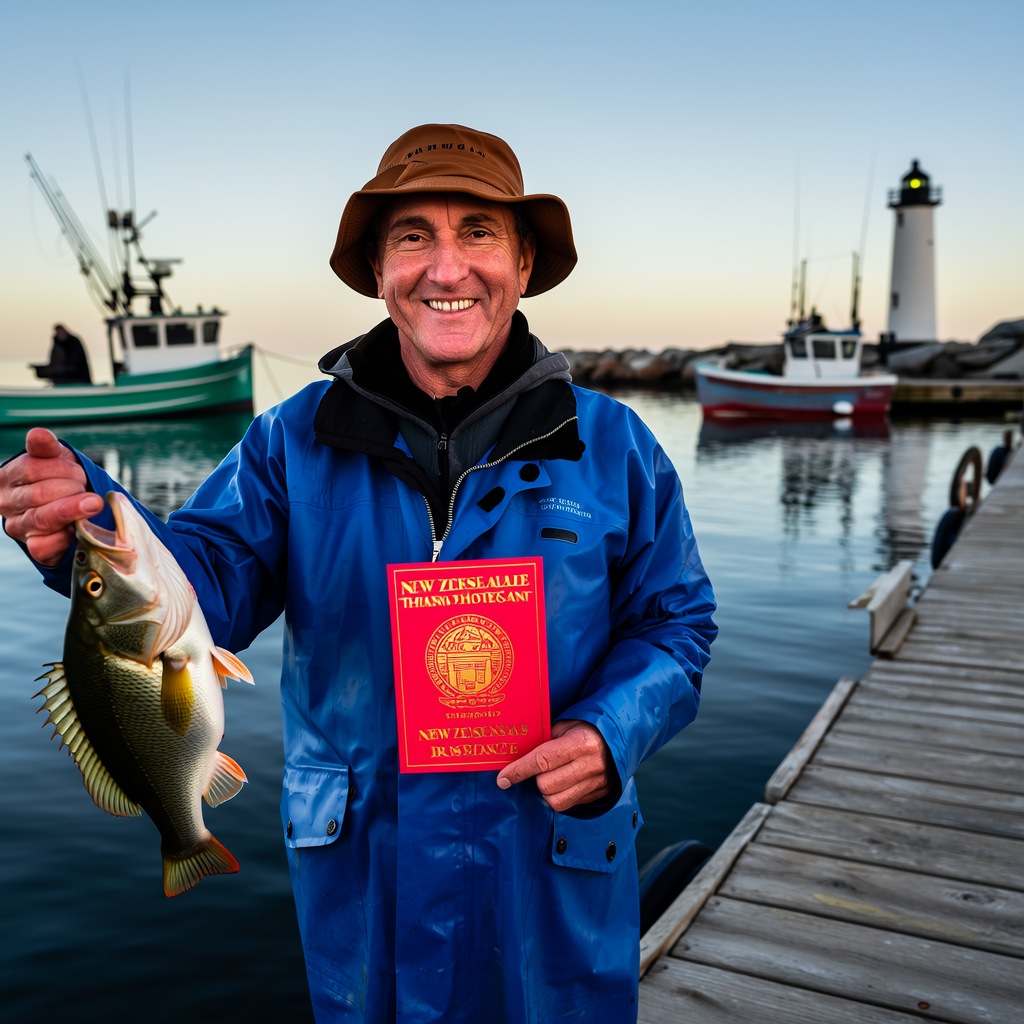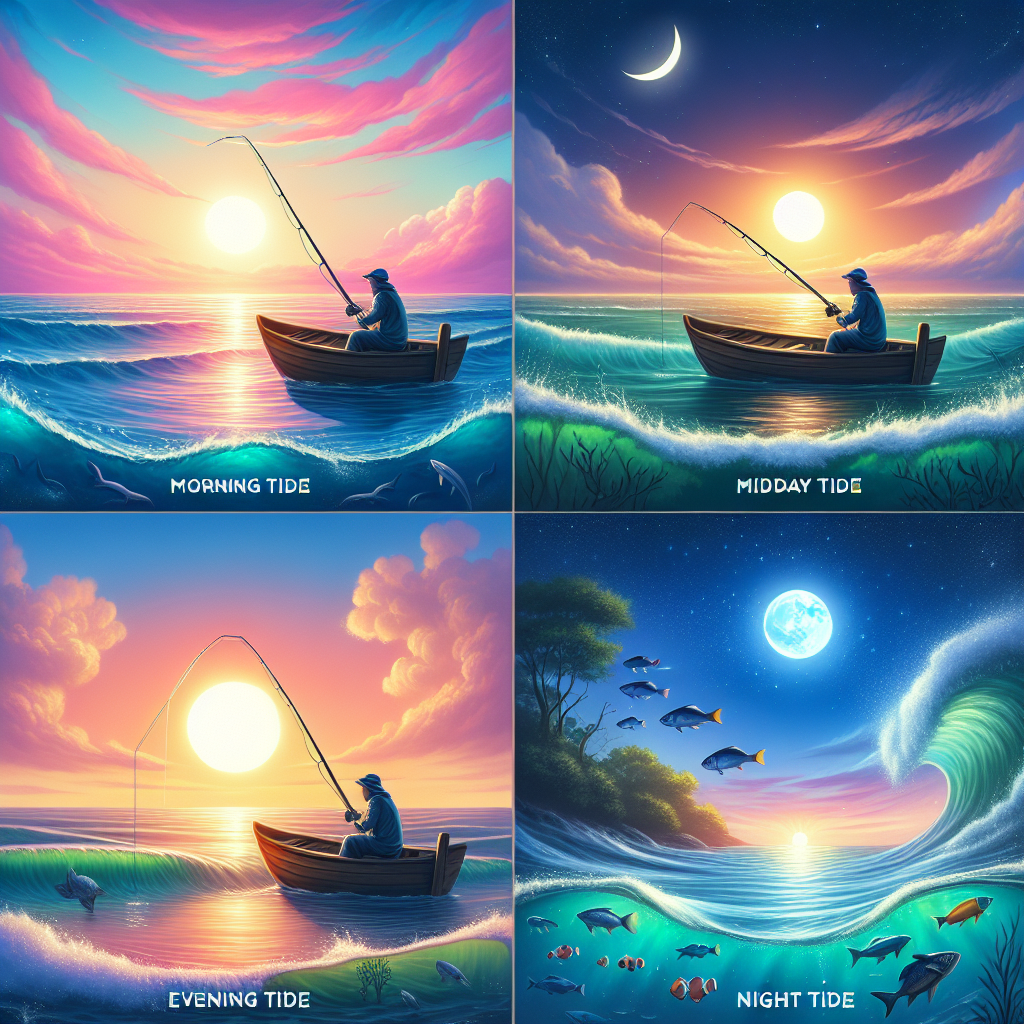Introduction to Fishing Licenses in Wisconsin
Many locals and tourists enjoy fishing in Wisconsin. A fishing license is required for all anglers, whether they are pursuing trout, bass or walleye. By obtaining a Wisconsin fishing license, you can ensure that you adhere to the state regulations and promote sustainable fishing practices. This article will give you all the information that you need about fishing licenses in Wisconsin.
Why Do You Need A Fishing License?
A fishing license is a legal requirement, but it also helps to conserve and manage fish populations in Wisconsin. The revenue generated by the sale of fishing licenses directly supports state efforts to maintain healthy, thriving fisheries. By purchasing a Wisconsin fishing license, you contribute to the preservation of Wisconsin’s aquatic resources.
Types of fishing licenses in Wisconsin
1. Resident Fishing License
A resident fishing license is needed if you live in Wisconsin and plan to fish in the waters of the state. This license is valid for a year from the date it was purchased and can be obtained with proof of residency. The resident fishing permit allows you to fish all fish species in the state.
2. Non-Resident fishing license
You will need a nonresident fishing license if you are not a resident of Wisconsin and want to fish. This license can be bought for a certain period of time, such as one day, three or twelve months. This license allows non-residents to enjoy the many fishing opportunities Wisconsin has to provide.
3. Senior Resident Fishing Licence
Senior residents of Wisconsin 65 years and older can get a senior resident fishing license for a discounted price. This license gives them the same privileges of a regular resident fisherman’s license, allowing you to fish in Wisconsin waters.
4. Disability Fishing License
In Wisconsin, individuals with disabilities may apply for a fishing license. This license allows them to fish while meeting their specific needs. To qualify for this license, it is important to have the required documentation.
Where can you get a fishing license?
1. Wisconsin Department of Natural Resources Offices
The easiest way to get a fishing permit in Wisconsin is by visiting the Wisconsin Department of Natural Resources offices. There are multiple locations in the state where you may apply and receive your license. The staff will answer all your questions and guide you through the entire process.
2. Authorized License Agents
Wisconsin also has authorized license agent where you can buy fishing licenses. These agents include sporting goods stores, bait and tackle shops, and other designated establishments. Check the DNR website to find a list of agents in your area.
3. Online Shopping
Online fishing licenses are becoming increasingly popular in the digital age. The Wisconsin DNR offers an online portal for you to conveniently purchase your license. Visit their website, read the instructions and complete the payment. You can print out your license or save it to your mobile device once it is issued.
Fishing season and limits
Wisconsin has set fishing seasons and bag limit to ensure the sustainability of fish population. It is important that anglers are aware of these regulations in order to avoid overfishing and maintain the ecological balance of Wisconsin waters.
1. Fishing Seasons
The Wisconsin fishing seasons vary based on the type of fish you are targeting and the water that you plan to fish. For the most up-to date information on fishing season, it is important to consult Wisconsin DNR’s Fishing Regulation Guides or their website. There may be different seasons for inland waters, the Great Lakes and specific waterways.
2. Bag Size Limits
Wisconsin has bag and size restrictions to protect fish populations. Bag limits define the maximum number of fish that can be kept in a day, while size limitations specify the minimum length requirements for certain species. These limits are essential for maintaining healthy fish populations, and following the fishing regulations of your state.
Wisconsin Fishing Regulations
1. Catch and Release
In Wisconsin, there are waters that have special regulations requiring anglers to practice the catch and release method. Basically, any fish that is caught must be immediately returned to the water without being damaged. The goal is to preserve certain fish species and promote sustainable fishing methods.
2. Protected and Endangered species
It is important that anglers are aware of the protected and endangered species in Wisconsin waters. To ensure their conservation, it is illegal to catch or disturb these species. The Wisconsin DNR offers information and resources that can help identify and protect these species.
3. Fishing on Tribal Lands
Wisconsin has tribal lands, where there may be additional fishing regulations. When fishing on tribal land, it is important to respect these tribes’ sovereignty and follow their fishing regulations. For specific guidelines, check with the tribe’s authorities or Wisconsin DNR.
Frequently Asked Questions
1. How much is a Wisconsin fishing license?
The cost of a Wisconsin fishing license depends on the type you need. Resident licenses cost less than non-resident licenses. The Wisconsin DNR website has a fee structure that outlines the costs for different licenses and durations.
2. Is there a fishing license exemption in Wisconsin?
There are some exemptions to the purchase of fishing licenses in Wisconsin. Children under a certain amount of age may not be required to purchase a fishing permit. A fishing license is not required for those who fish in designated free fishing waters or weekends. For more information, check the Wisconsin DNR regulations.
3. Can I fish on my own land without a fishing license?
You do not need to have a fishing licence if you fish in a private pond, lake or other water body that is on your property. It is important to remember that this exemption applies only to your private property, and not public waters.
Conclusion
A fishing license is required in Wisconsin to legally take advantage of the many fishing opportunities that the state offers. By obtaining a license, you can contribute to conservation efforts and sustainable management for fish populations in Wisconsin. Be sure to read the fishing regulations, adhere to the seasons, bag limits and size limits and be familiar with the regulations.




